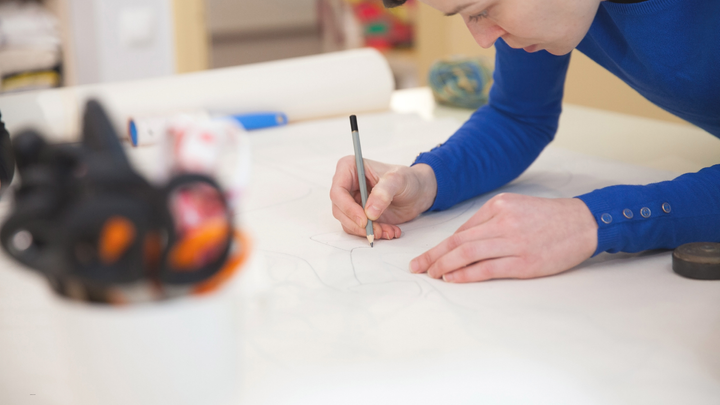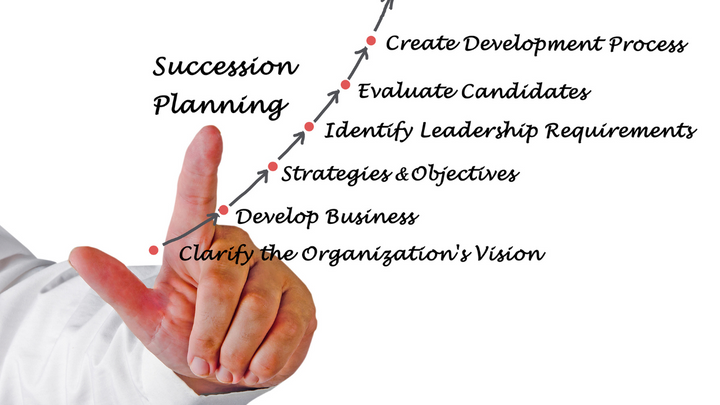How to figure out what you’re good at and enjoy doing

Originally published here
Career is a marathon, not a sprint
Finding the right career path for you is essential for your professional development. Career paths are not one size fits all, so it’s important to take some time to evaluate yourself and find out what your strengths are! It may seem daunting at first, but there are many different ways to determine what you’re best suited for. Here are some ways to help you get started on figuring this all out. You can then choose which ones work best for you or combine them into a personalized process that works best for your situation!
Whether you are in your 20’s, 30’s, 40’s, or 50’s, we are often faced with questions like, is this what I want to do. We compare ourselves to others, especially if they are “more successful,” whatever that might mean. Is it FOMO or envy? Is social media distorting reality? It doesn’t matter because it is not a bad idea to start evaluating where you are in your career, where your headspace is, and where you want to be in the next 5, 10, and 15 years.
Career exploration may start with questions like, what do I enjoy doing? What am I good at? Career paths can include many different dimensions of work, and it’s good to be aware of every angle of what you might enjoy. Career exploration tools, techniques, and processes can help guide us through the unknown territory by providing a framework for understanding who we are and what types of opportunities might best suit our profiles.
1. What is Career and Career Development
First, what is a career, and what do we mean by career development. Career is considered as “the progress and actions taken by a person during their life, especially concerning their profession.” Career development then can be defined as “the planning and implementation of strategies to improve someone’s career.”
When we talk about developing our careers, it is important to understand that career development is not the same as job seeking. Career development is a lifelong process that includes many different activities, such as:
– exploring different occupations and industries
– acquiring new skills and knowledge
– building professional networks
– managing our online presence
2. How to Get Started with Career Development
Now that we know what career development is, let’s talk about how to get started. Here are some tips:
– Start by evaluating your current situation. What are your strengths and weaknesses? What do you like and dislike about your current job? This will help you identify areas you would like to improve or change.
– Research different occupations and industries that interest you. Talk to people in those fields to learn more about what they do on a day-to-day basis.
– Develop a plan of action. Once you have an idea of what you would like to do, develop an action plan. This may include taking classes, networking, or creating a portfolio.
– Be patient. Career development is a lifelong process. It takes time to develop new skills and knowledge. Be patient and enjoy the journey!
3. Career Exploration
Starting with evaluating your current situation, career exploration is the process of researching different occupations and industries that interest you. This can be done in a variety of ways, such as reading articles, watching documentaries, or talking to people in those fields.
One great way to learn more about different careers is to shadow someone who works in that field. Shadowing is when you follow someone who works in a particular occupation for a day to see what their job is like. This is a great way to learn about the skills and knowledge required for that profession and the challenges and rewards. It doesn’t mean literally. I have watched several youtube videos of what it’s like being a data scientist type of video. It was informative.
4. How to Find Your Strengths
This one took me a while. When I was starting out, I didn’t spend enough energy figuring out what I was good at. You might be asking yourself, how can I find my strengths?
There are a few different ways to do this:
– Ask your friends and family. What are your strengths and weaknesses? What do you enjoy doing?
– Take personality tests. There are a variety of psychological and career tests available online, such as the Myers-Briggs test or the Strength Finders test. I have found that these tests can help you understand your personality type and what types of activities you might enjoy, especially the Strength Finders test.
– Use your experiences. What have you been successful at in the past? What skills and knowledge do you have that other people might not?
Once you have identified your strengths, it is crucial to focus on developing them. The more you develop your strengths, the more successful you will be in your career.
5. How to Develop Your Expertise
The next step in career development is to develop your expertise. This includes acquiring new skills and knowledge and building professional networks.
Some ways to develop your expertise include:
– Taking classes or workshops. If there are specific skills that you would like to learn, consider taking classes or workshops. There are often community education programs available, as well as online courses.
– Networking with professionals. Attend industry events or meetups to network with professionals in your field. This is a great way to learn about new opportunities and get advice from experts.
– Reading articles and books. Keep up with the latest industry news by reading articles and books. This will help you stay informed about changes in your field.
– Practicing your skills. Make sure to practice your new skills regularly. This will help you improve your proficiency and be ready for future opportunities.
I remember reading a 1,000 page Microsoft Access book, and since then, I have become the data guy throughout my career. I have used my knowledge and expertise in every role I have been in.
6. When Should I Start Career Exploration or Career Planning
The best time to invest in your future was ten years ago, but the second-best time to invest in your future is now — someone said that to me. This is true. It is never too late to start exploring your options or planning for your future. However, it is important to note that career development is a lifelong process. It takes time to develop new skills and knowledge. Be patient and enjoy the journey!
As you can see, there are many different steps involved in career development. By exploring your options and developing your skills, you will be well on your way to a successful career. So what are you waiting for? Get started today!



Comments ()